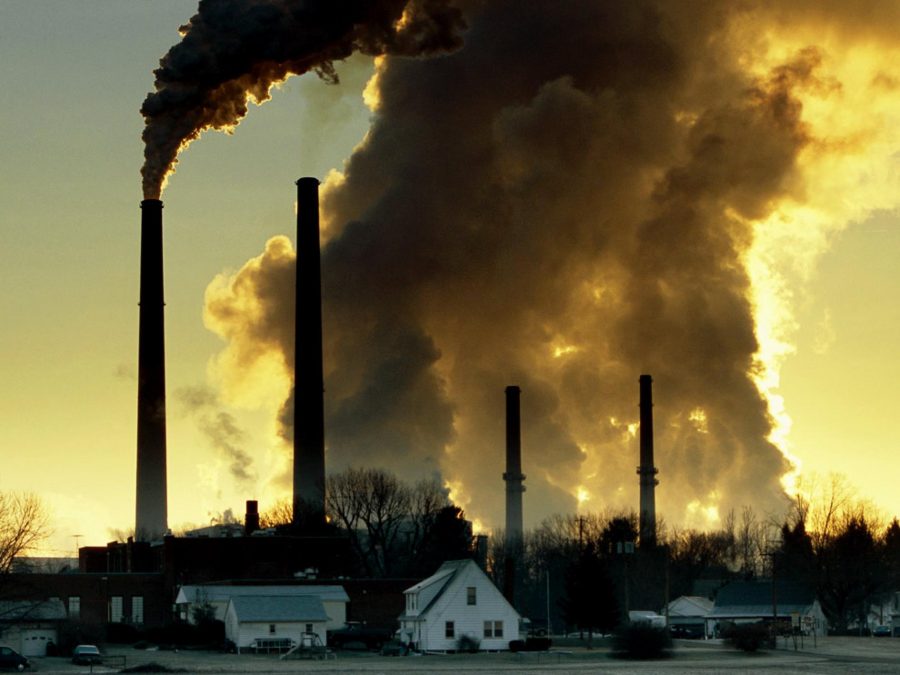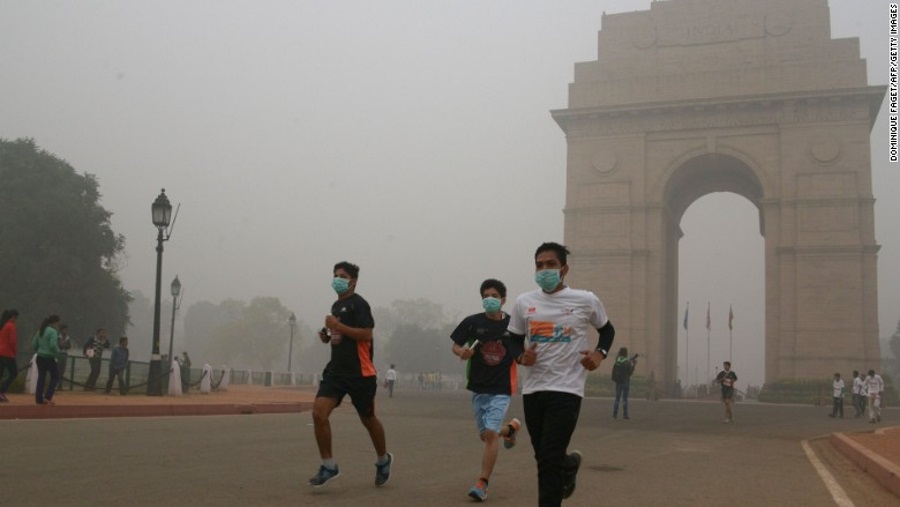A new study found that all kinds of pollution — air, water, soils, and workplaces — are killing at least nine million people across the world, and costing trillions of dollars every year.
Experts estimated that 16 percent of all deaths in 2015 were somehow linked to pollution, mainly thanks to air pollution. This means that more people die because of pollution than because of wars, or diseases like AIDS, tuberculosis, and malaria. If this crisis does not stop, it will threaten “the continuing survival of human societies.”

The study was published Thursday in The Lancet medical journal, and it’s already considered the most comprehensive global analysis to date. According to the paper, 1 out of 6 people dies due to toxic exposure, which means a total cost of $4.6 trillion each year — or about 6.2 percent of the global economy.
An international team of scientists worked until finding this results. A group of over 40 researchers from around the world participated in the study, mostly funded by the UN, the United States, and The European Union.
On the study, the authors wrote that pollution is one of the “great existential challenges” of our era. It endangers the “stability of the Earth’s support systems,” and that if we, as humanity, continue producing pollution, it could lead us to our extinction.
“We fear that with nine million deaths a year, we are pushing the envelope on the amount of pollution the Earth can carry,” co-lead researcher Prof Philip Landrigan, at the Icahn School of Medicine at Mount Sinai, US, said
Low-income countries were the most affected, but pollution can be defeated
International researchers found that the most of the pollution-related deaths occurred in the poorest countries. In some — such as India, Chad, and Madagascar — pollution takes around a quarter of all these deaths. Around 92 percent of them occur in low-income and middle-income countries. However, the wealthiest countries have also to find a manner to control its pollution.

The first nation with the most pollution-related deaths was India, where 2.5 million people died (24.5 percent from all the deaths in the country). The second was China, with 1.8 million (19.5 percent), and the third Pakistan, with 311,000 deaths (21.9 percent).
The United States, along with Japan and Germany, is one of the first ten nations that has had deaths due to “modern” forms of pollution — such as fossil fuel-related air pollution and chemical pollution.
Fortunately, much of the pollution can be eliminated. These rich countries were examples for the rest of the world. When most developed nations tackled pollution with laws and regulations mandating clean air and clean water, they made changes. In recent decades, the US showed a considerable decrease in pollution levels.
“Their air and water are now cleaner, the blood lead concentrations of their children have decreased by more than 90%, their rivers no longer catch fire, their worst hazardous waste sites have been remediated, and many of their cities are less polluted and more livable,” researchers said in the paper. “Health has improved and people in these countries are living longer.”
Source: The Lancet
